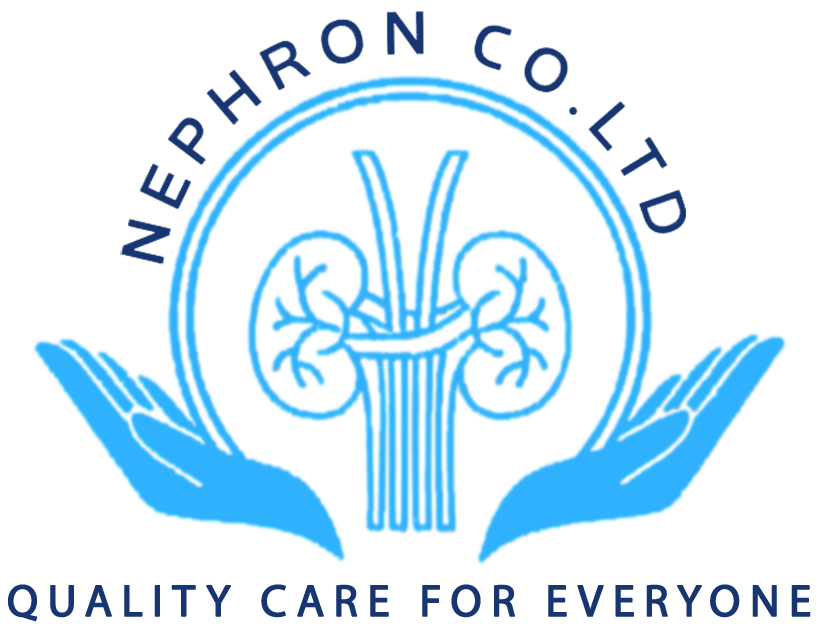- nephron
- 0 Comments
Introduction
Key Dietary Considerations
- Fluid Intake: Monitor and limit fluid intake to avoid excess fluid buildup, which can be challenging for those on dialysis.
- Sodium: Reduce sodium intake to help control blood pressure and minimize fluid retention.
- Potassium: Limit high-potassium foods like bananas and potatoes to prevent dangerous imbalances.
- Phosphorus: Control phosphorus levels by avoiding high-phosphorus foods such as dairy products and nuts.
Tips for Success
- Plan Meals: Work with a dietitian to create a meal plan that meets your nutritional needs.
- Read Labels: Pay close attention to food labels for sodium, potassium, and phosphorus content.
- Stay Hydrated: Drink fluids as recommended by your healthcare provider, especially if you’re on fluid restrictions.
Conclusion
Adhering to a renal-friendly diet can help you feel better and manage your dialysis treatment more effectively. Regular consultations with a dietitian can provide personalized guidance and support.


Reader distracted by the readable content of a page when looking at its layout. Lorem Ipsum is simply dummy text of the printing and typesetting industry. Lorem Ipsum has been the industry’s standard dummy text ever since. Lorem Ipsum is simply dummy text of the printing and typesetting industry.
Expert Recommendations
There are many variations of passages of Lorem Ipsum available, but the majority have suffered alteration in some form, by injected humour, or randomised words which don’t look even slightly believable. If you are going to use a passage of Lorem Ipsum, you need to be sure there isn’t anything embarrassing hidden in the middle of text.
It is a long established fact that a reader will be distracted by the readable content of a page when looking at its layout.
– Michal Smart

